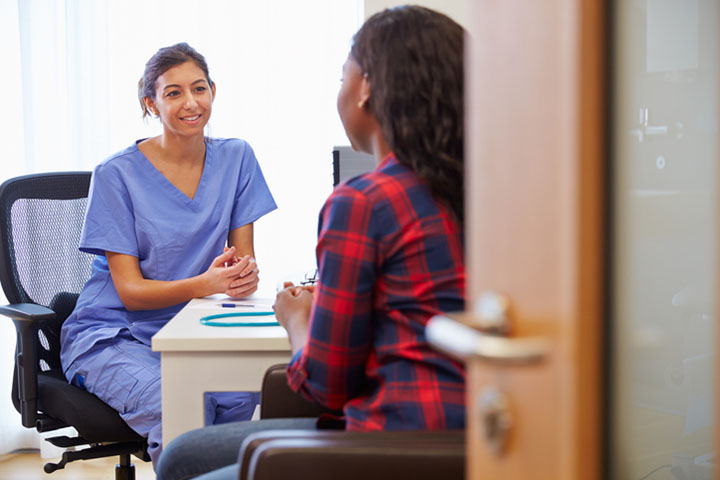
Endometriosis, you’ve probably heard of it, you may have wondered if you have it, so what exactly is it?
Endometriosis is when the endometrium, the tissue which normally lines the inside of the uterus, begins to grow outside of the uterus. The most common places for the endometrial cells to grow outside the uterus are the fallopian tubes, ovaries, or on other organs in the abdomen or pelvis. The exact cause of endometriosis is not known.
The endometrium is the tissue that breaks down during the menstrual cycle and then typically exits the body in the form of a period. However, in the case of endometriosis, it may be very difficult or impossible for this abnormally growing tissue to exit the body. This means that the menstrual cycle can wreak havoc on the body by causing pain or creating scar tissue.
Endometritis may make itself known by:
- Chronic pain
- Very painful period
- Pain during intercourse
- Back pain
- Bowel problems
- bloating, diarrhea, constipation, nausea etc.
- This happens because when the cells that form the endometrium start attaching to other things in the body like the intestines, stomach, etc.
- These symptoms typically occur or worsen around the time of menstrual bleeding.
- bloating, diarrhea, constipation, nausea etc.
- Infertility
- Scar tissue, inflammation and cysts can develop on the ovaries
- This scar tissue can make it more difficult to achieve pregnancy or for the fertilized egg to implant.
So, how do you deal with endometriosis?
- Medication – the monthly cycle is typically the most painful time for someone with endometriosis. One solution is to try and eliminate the period by starting on hormonal birth control, such as “the pill,” a hormonal IUD,or an arm implant, etc.
- Laparoscopic surgery can attempt to remove all of the adhesions that are attached to whatever it is that's causing the pain.
- Hysterectomy, a surgical removal of the uterus, may be performed if a woman is no longer interested in becoming pregnant.
It is important to understand that endometriosis can be difficult to diagnose because the symptoms can vary, and are often attributed to other things, such as irritable bowel syndrome (IBS) or pelvic infections.
Endometriosis can only be diagnosed by directly visualizing the abnormal areas during surgery or possibly by MRI if the endometriosis runs deep into the tissues.
Schedule an appointment with gynecology or your regular healthcare provider at Northfield Hospital + Clinics to discuss the possibility of endometriosis, if you have:
- menstrual cramping beyond what is normal
- cramping in between periods
- pain with bowel movements/urination/sex
- bloating
- nausea
- infertility
Learn more about gynecology services.
